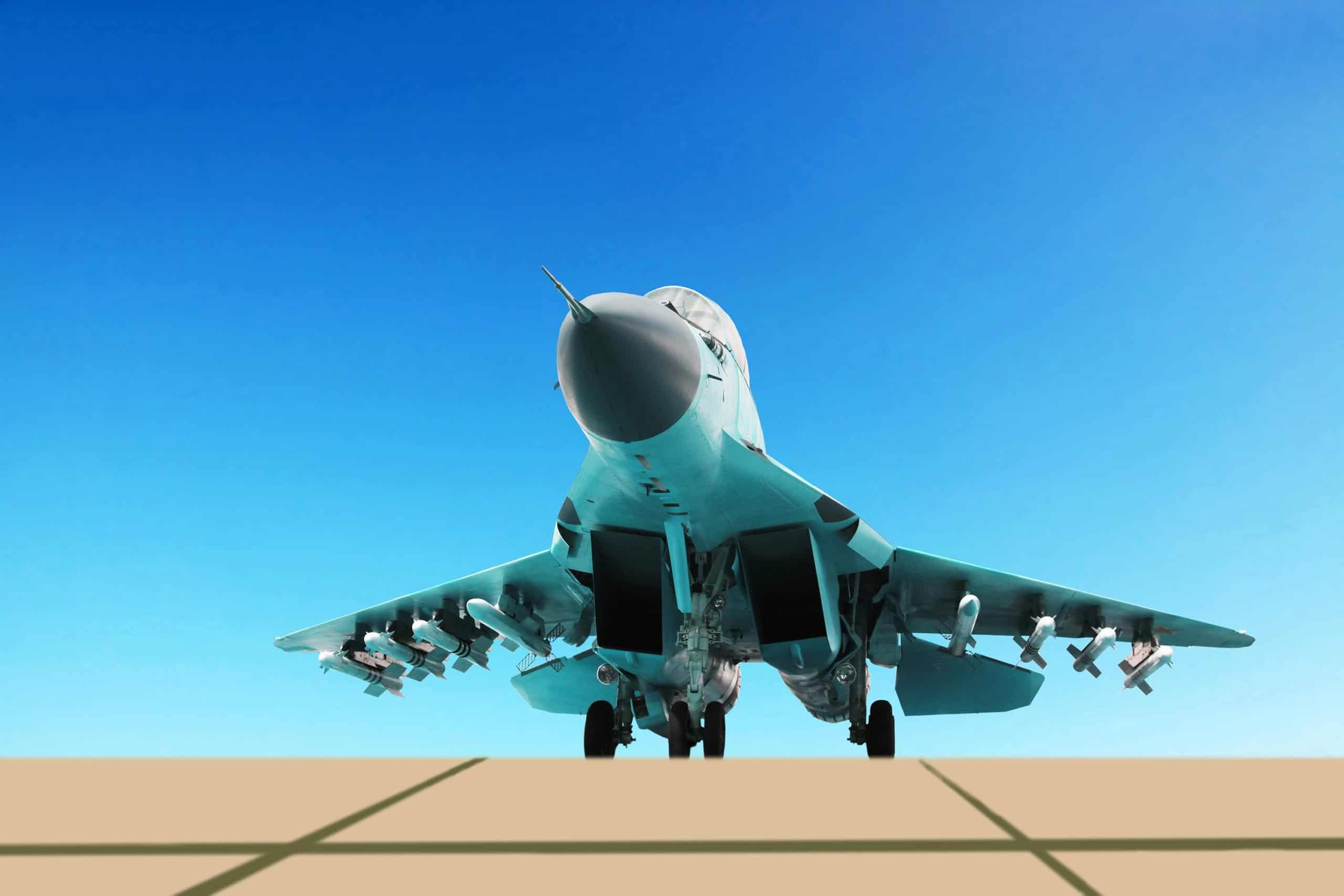
Key Points:
- Ukraine’s NATO membership faces resistance from Germany, France, Hungary, and Slovakia due to conflict concerns.
- Hungary and Slovakia are blocking aid and opposing NATO membership for Ukraine.
- Internal politics and future elections, especially in the US, will impact Ukraine’s NATO chances.
- Also: Smart money is placing bets for 2025’s best investment, and “the next Nvidia” is a frontrunner. Click here to learn more now.
The divisions within NATO regarding Ukraine’s potential membership. Ukraine’s path has varied depending on its leadership, alternating between neutrality, Western alignment, or maintaining ties with Russia. At the 2008 Bucharest summit, NATO leaders, particularly Germany and France, resisted Ukraine’s accession, fearing it would provoke Russia. Currently, as the war with Russia continues, countries like Hungary and Slovakia oppose Ukraine’s membership, citing concerns over further conflict escalation. The U.S. and other NATO members’ internal politics and future elections will also play a critical role in Ukraine’s potential future within the alliance.
The Background of Ukraine’s NATO Aspirations
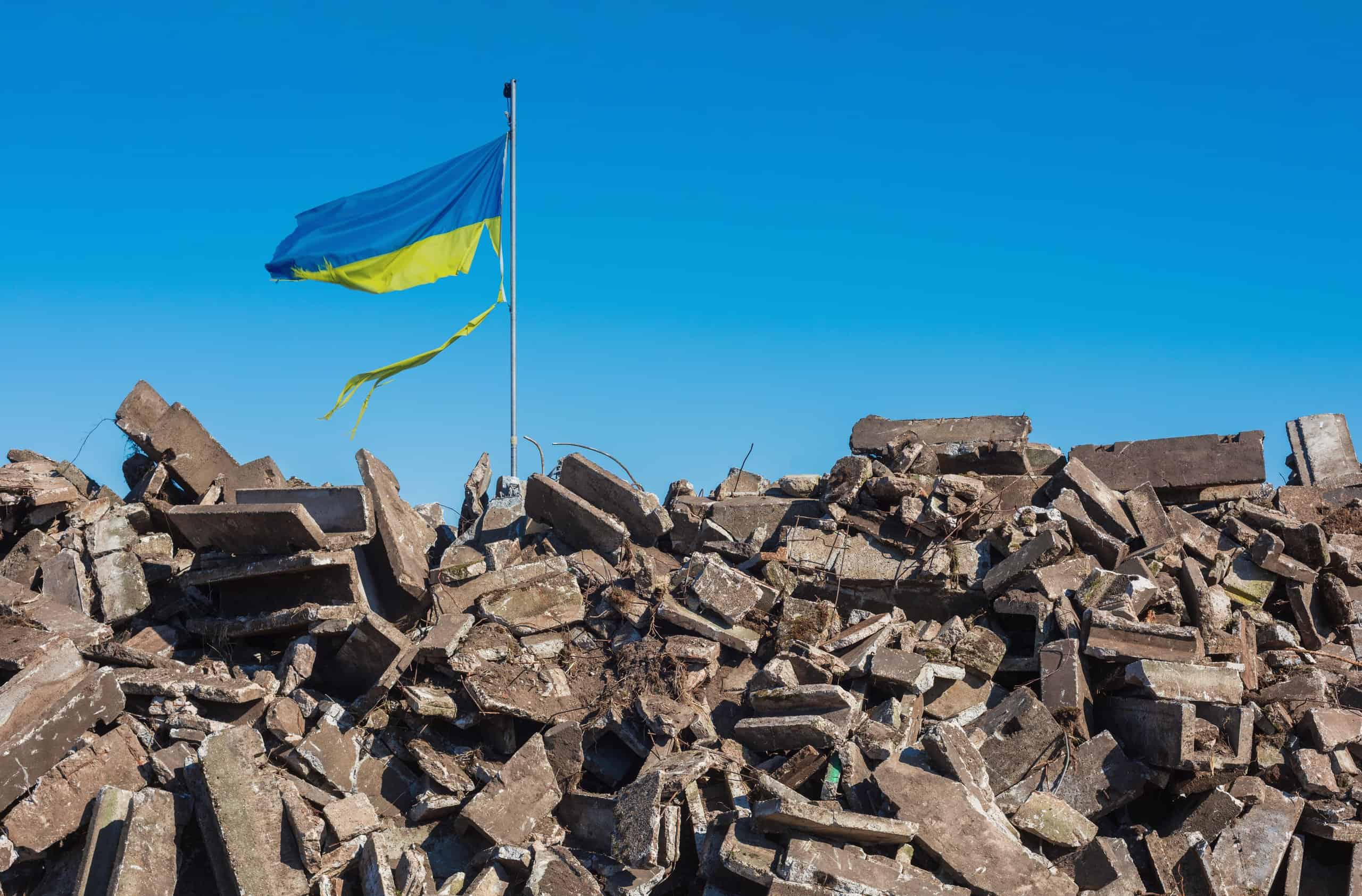
- Ukraine’s interest in joining NATO dates back to the early 1990s, following its independence from the Soviet Union.
- Ukraine initially pursued a path of neutrality and non-alignment, declaring itself a nuclear-free, neutral nation after its independence.
- Over the past 30 years, Ukraine’s foreign policy has alternated between maintaining good relations with Russia and pivoting toward the West, depending on the government in power.
The 2008 Bucharest Summit: A Pivotal Moment
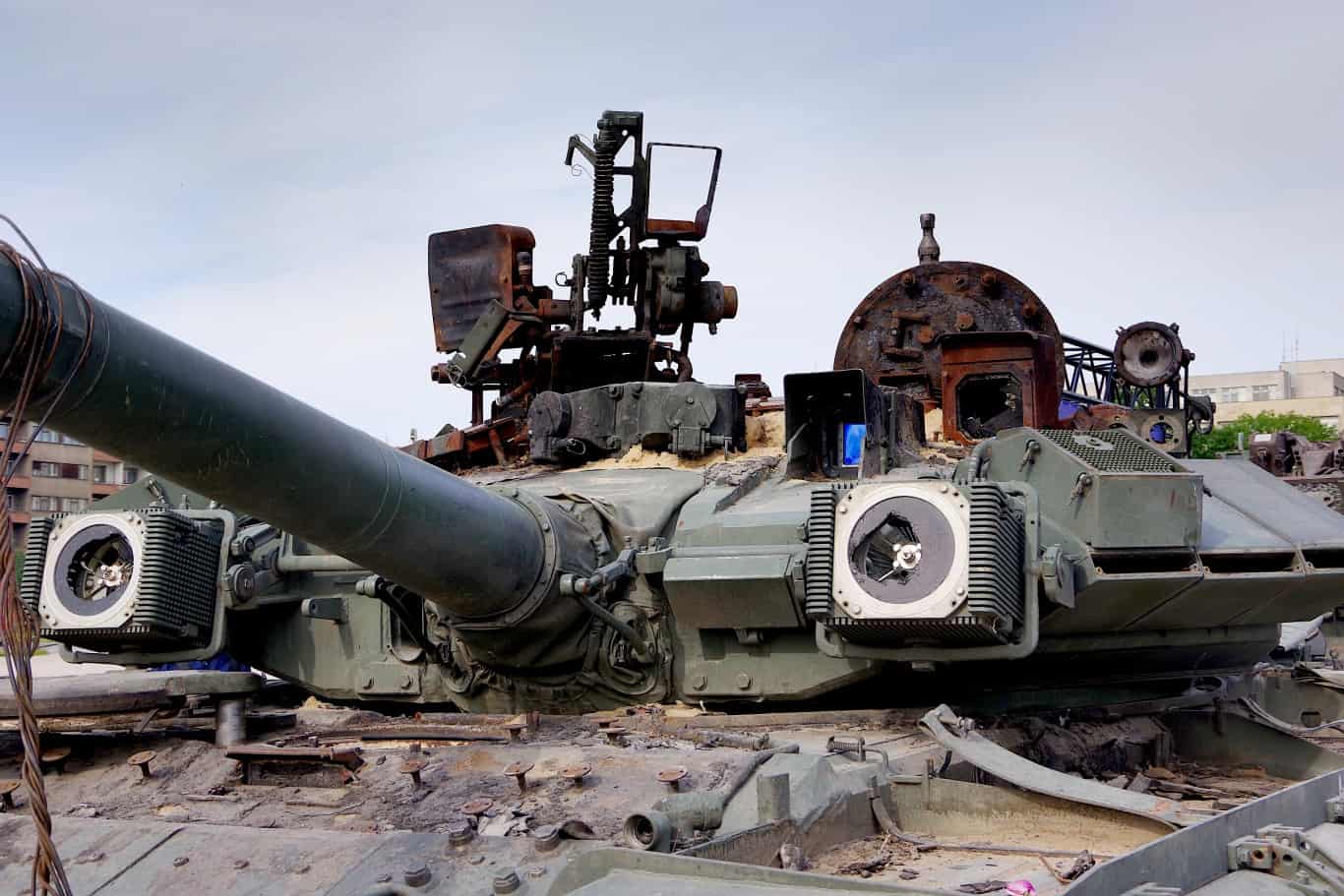
- At the 2008 NATO summit in Bucharest, the Bush administration strongly backed Ukraine’s membership in NATO.
- Germany and France, led by Angela Merkel and Nicolas Sarkozy, opposed Ukraine’s membership, fearing it would provoke Russia.
- Despite pressure from the U.S., no definitive date for Ukraine’s accession was set, but NATO declared that Ukraine and Georgia would eventually become members.
Ongoing Skepticism and Opposition Within NATO
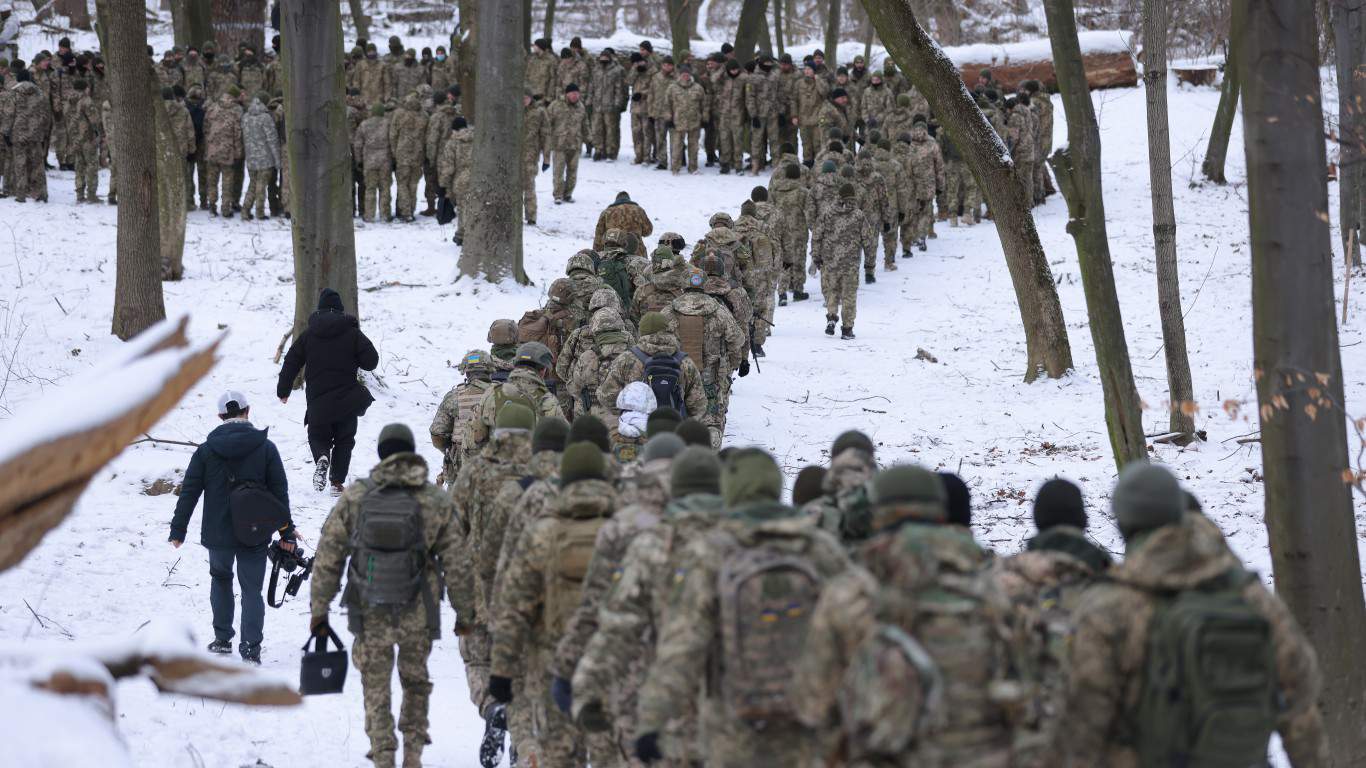
- Germany’s Position: Maintains that a nation involved in an active conflict or major border dispute should not be admitted into NATO, a stance reiterated by Angela Merkel and continued by her successor.
- France’s Stance: Initially aligned with Germany in 2008, but Emmanuel Macron has recently suggested a more aggressive posture, even hinting at NATO intervention in Ukraine, causing further division within the alliance.
Strong Opposition from Hungary and Slovakia
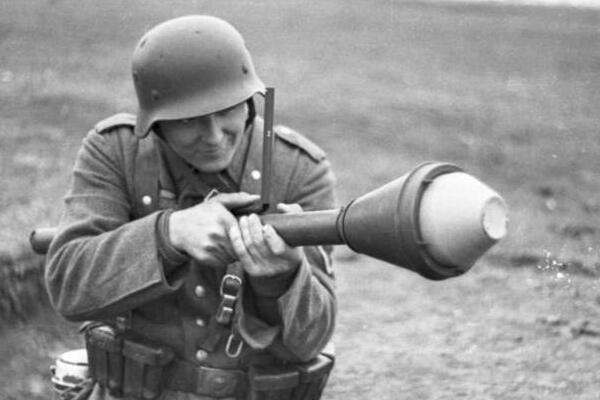
- Hungary (Viktor Orban): A vocal opponent of Ukraine’s NATO membership; seen as pro-Moscow and has blocked aid packages to Ukraine. Orban has stated Hungary will not support Ukraine during the conflict but may reconsider post-war.
- Slovakia (Robert Fico): After elections in Slovakia, newly re-elected Prime Minister Robert Fico expressed skepticism about Ukraine’s membership, fearing it could lead to a broader conflict.
Political Dynamics and Their Influence
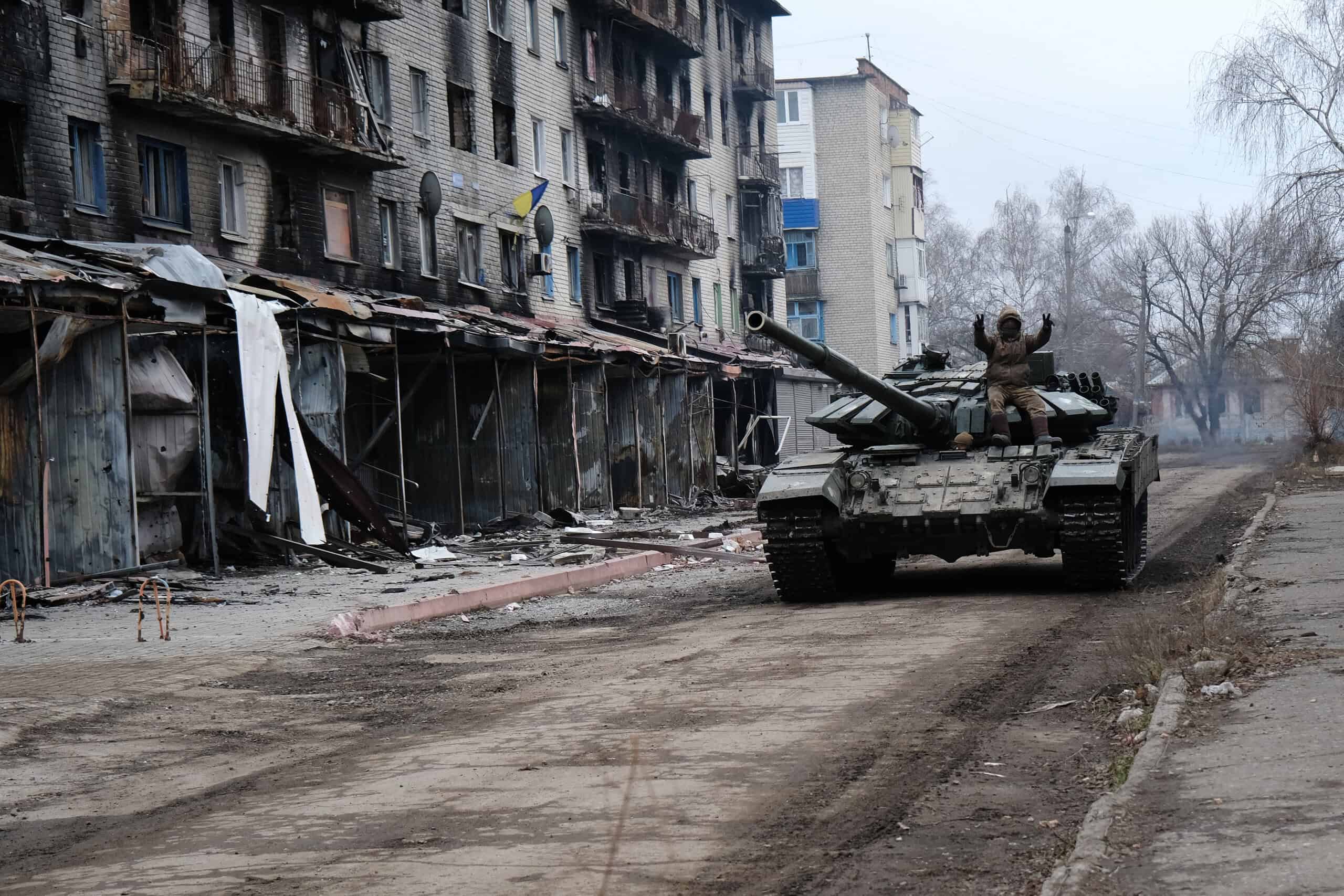
- Internal politics significantly affect NATO members’ stances on Ukraine, with a rise in far-right populist parties in Europe leading to increased skepticism toward supporting Ukraine and NATO expansion.
- The outcome of the U.S. presidential election will also play a critical role in determining Ukraine’s potential NATO membership, depending on the stance of the elected administration.
Conclusion: A Divisive and Uncertain Path Ahead
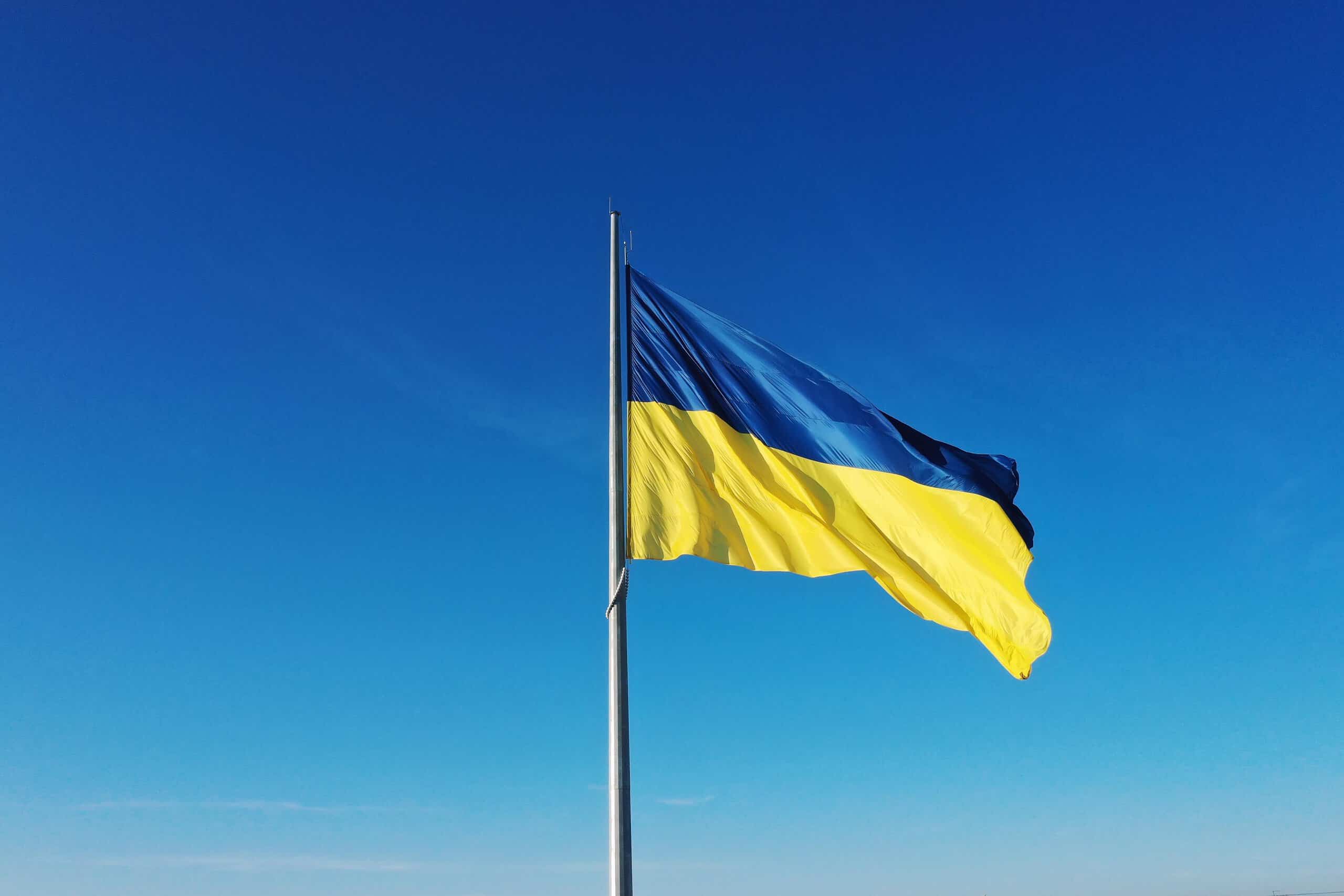
- Ukraine’s path to NATO membership remains highly uncertain and divisive, influenced by internal politics, geopolitical concerns, and the ongoing conflict with Russia.
- While public opinion in Ukraine has increasingly favored NATO membership, various NATO members’ opposition and concerns make accession far from a guaranteed outcome.
Get Ready To Retire (Sponsored)
Start by taking a quick retirement quiz from SmartAsset that will match you with up to 3 financial advisors that serve your area and beyond in 5 minutes, or less.
Each advisor has been vetted by SmartAsset and is held to a fiduciary standard to act in your best interests.
Here’s how it works:
1. Answer SmartAsset advisor match quiz
2. Review your pre-screened matches at your leisure. Check out the advisors’ profiles.
3. Speak with advisors at no cost to you. Have an introductory call on the phone or introduction in person and choose whom to work with in the future
Thank you for reading! Have some feedback for us?
Contact the 24/7 Wall St. editorial team.
